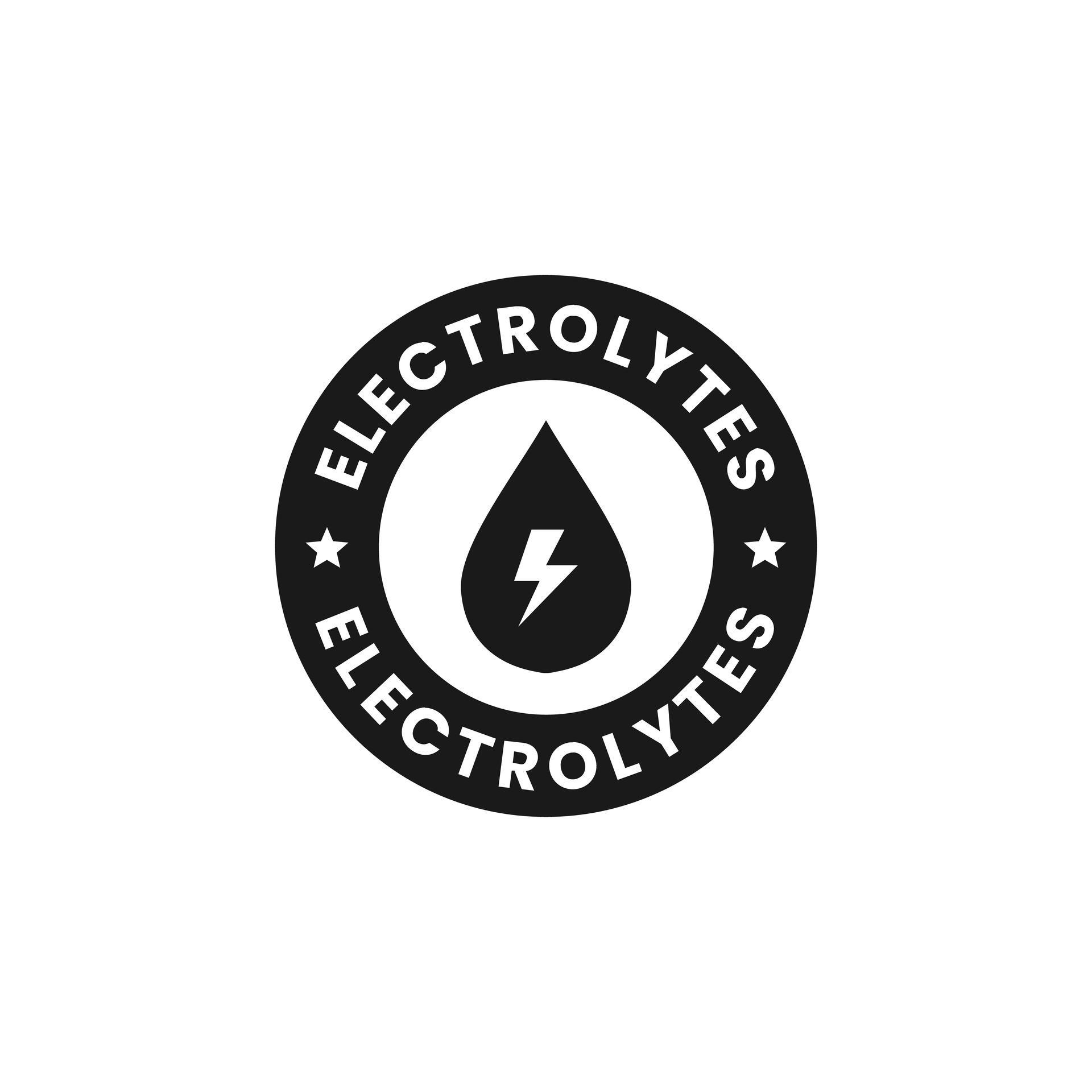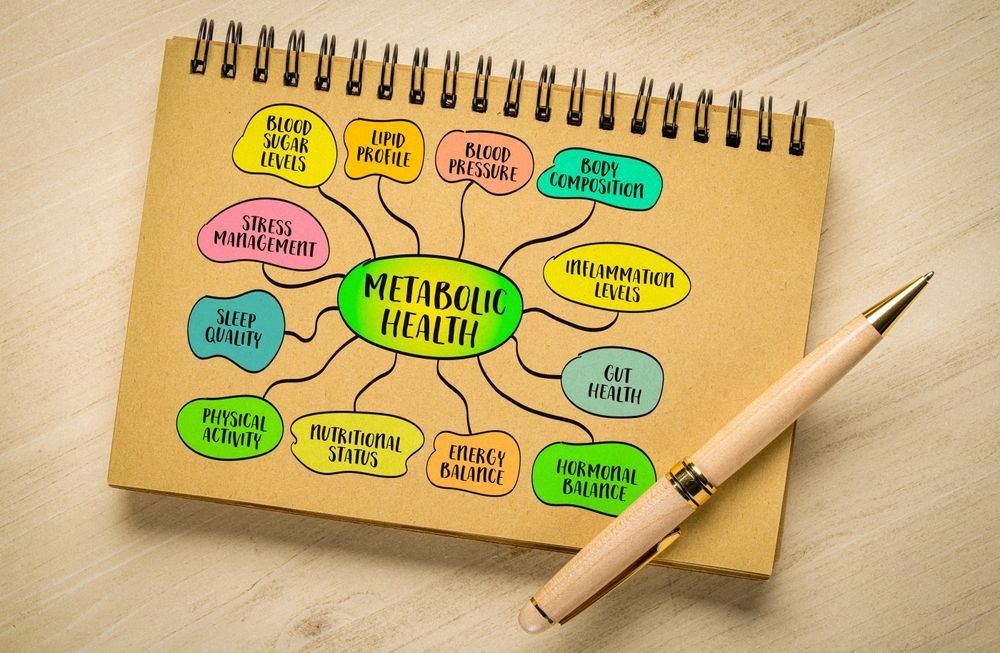The Importance of Electrolytes in IV Therapy for Hydration

In recent years, the significance of electrolytes in intravenous (IV) therapy has garnered increasing attention, especially in the context of hydration. Proper hydration is essential for optimal bodily functions, and electrolytes play a crucial role in maintaining this balance. This article aims to delve into the fundamental aspects of electrolytes and their indispensable role in IV therapy for hydration.
Understanding Electrolytes and Their Role in the Body
Electrolytes are minerals in the body that carry an electric charge. They are vital for numerous physiological functions and help regulate various processes including hydration, nerve function, and muscle contractions.
Without the right balance of electrolytes, bodily functions can become impaired, leading to a range of health issues. It is important to understand how these minerals contribute to overall health and wellness.
The Function of Electrolytes in the Human Body
Electrolytes serve several essential functions in the human body:
- Regulating Fluid Balance: They help maintain the body's internal balance of fluids by controlling the movement of water in and out of cells.
- Nerve Function: Electrolytes like sodium and potassium are crucial for nerve impulses, enabling communication between the brain and the rest of the body.
- Muscle Contraction: Calcium, potassium, and sodium are vital for muscle contractions, including the heartbeat.
Hence, a deficiency or imbalance can lead to serious conditions, highlighting the importance of maintaining healthy electrolyte levels.
The Different Types of Electrolytes and Their Specific Roles
There are several key electrolytes that the body requires:
- Sodium: Helps regulate blood pressure and volume and is critical for nerve function.
- Potassium: Essential for proper muscle function and holding cellular fluid.
- Calcium: Important for bone health, muscle function, and neurotransmitter release.
- Magnesium: Plays a role in muscle relaxation and energy production.
- Chloride: Helps maintain fluid balance and is involved in the production of stomach acid.
Understanding these different electrolytes and their roles is crucial for effective IV therapy.
The Connection Between Hydration and Electrolytes
Electrolytes and hydration are closely linked; one cannot function optimally without the other. When the body loses fluids—through sweating, vomiting, or diarrhea—it also loses electrolytes.
Maintaining an appropriate level of hydration is critical, particularly in situations where patients are experiencing fluid loss or are unable to consume fluids orally.
How Dehydration Affects Electrolyte Balance
Dehydration can cause significant shifts in electrolyte levels. For instance, losing excessive sweat can lead to a decrease in sodium and chloride levels. This imbalance can result in symptoms such as dizziness, muscle cramps, or even heart irregularities.
Understanding the signs of dehydration is important, as it allows for timely interventions that can restore balance and prevent further complications.
The Role of Electrolytes in Maintaining Hydration
Electrolytes play a key role in retaining water in the body. They help draw fluids into cells and ensure proper hydration levels. A balanced intake of electrolytes is essential for maximizing hydration from fluids consumed.
Moreover, during IV therapy, including a mixture of electrolytes can significantly enhance the effectiveness of the hydration process. This is especially crucial for individuals who are severely dehydrated or unable to hydrate effectively through oral means.
The Use of IV Therapy for Hydration
IV therapy has become a cornerstone in medical settings for providing hydration and nutrients directly into the bloodstream. This method allows for rapid absorption and can swiftly correct dehydration and restore electrolyte balance.
Whether utilized in hospitals, emergency rooms, or wellness clinics, IV therapy offers a tailored approach to patient care.
The Process of IV Therapy for Hydration
The process involves inserting a catheter into the vein and infusing a sterile fluid solution that typically contains a mix of electrolytes, vitamins, and water.
- Assessment: A healthcare provider assesses the patient's needs and identifies appropriate fluids and electrolytes.
- Insertion: A catheter is placed in a vein to begin the infusion process.
- Monitoring: Continuous monitoring ensures the patient receives the correct volume and rate of hydration.
This method allows for immediate replenishment of fluids and electrolytes, making it an effective strategy for treating dehydration.
The Benefits of Using IV Therapy for Hydration
IV therapy offers numerous benefits such as:
- Quick Absorption: Fluids enter the bloodstream immediately, providing rapid relief from dehydration.
- Customizable Infusion: Healthcare providers can modify the blend according to the specific needs of the patient.
- Reduced Nausea: For patients who cannot keep fluids down due to vomiting or nausea, IV therapy bypasses the digestive system.
Given these advantages, it is no wonder that IV hydration therapy is gaining popularity in various healthcare settings.
Electrolytes in IV Therapy: A Vital Component
Incorporating electrolytes into IV therapy is crucial for achieving optimal hydration outcomes. Their presence not only promotes better fluid retention but also supports vital physiological functions.
How Electrolytes Enhance the Effectiveness of IV Hydration
Electrolytes in IV infusions help enhance hydration by ensuring that fluids are properly distributed throughout the body. This results in improved cellular function and energy levels.
Furthermore, the right combination of electrolytes can help prevent potential complications associated with dehydration, ensuring that patients experience effective and swift recovery.
The Risks of IV Hydration Therapy Without Adequate Electrolytes
Administering IV hydration without adequate electrolytes can lead to imbalances that may pose risks to the patient.
Potential complications may include:
- Fluid overload, which can strain the heart and lungs.
- Electrolyte imbalances, potentially resulting in muscle spasms, confusion, or arrhythmias.
- Loss of the intended benefits of hydration therapy, leading to lingering dehydration symptoms.
It is vital to consider the electrolyte composition carefully to ensure safe and effective IV therapy.
The Future of IV Therapy and Electrolytes
The landscape of IV therapy is evolving, and with it, the approaches to incorporating electrolytes into treatment regimens. As we continue to understand the complexities of hydration and electrolyte balance, new methods and formulations are being developed.
Innovations aim to allow for more personalized care in hydration therapies, ensuring that patients receive tailored treatments that meet their specific needs.
Innovations in IV Therapy for Improved Hydration
Future advancements may include using smart technology to monitor electrolyte levels in real-time, allowing healthcare providers to make instantaneous adjustments during treatment.
Additionally, advancements in IV solutions could enhance the absorption and effectiveness of electrolytes, leading to superior health outcomes.
The Potential of Electrolytes in Enhancing IV Therapy Outcomes
As research continues to uncover the dynamic relationships between different electrolytes, we anticipate more refined approaches to IV therapy focusing on optimal fluid and electrolyte balance.
The potential for personalized IV hydration therapy can significantly enhance patient outcomes, ensuring high-quality care tailored to individual needs.
In conclusion, electrolytes are an indispensable aspect of IV therapy for hydration. Their critical roles in maintaining balance, facilitating bodily functions, and aiding recovery cannot be overstated. Understanding their significance will empower both healthcare professionals and patients in implementing effective hydration strategies.










